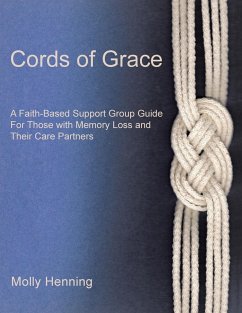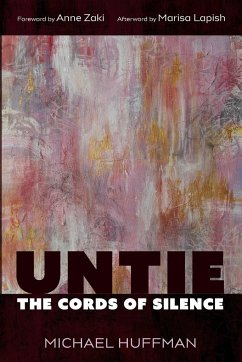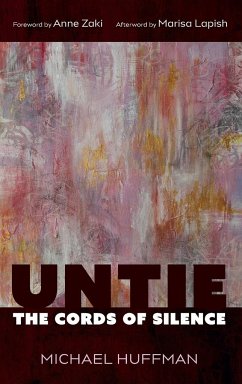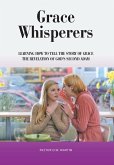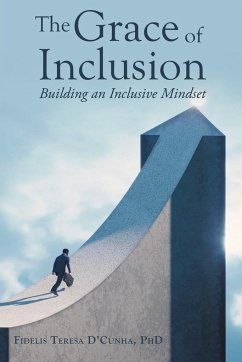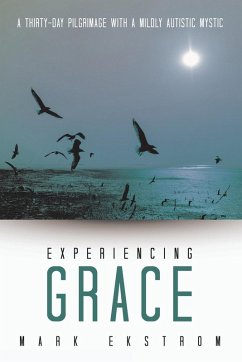John Zeisel, Ph.D., Hon D.Sc. Author: Im Still Here: A New Philosophy of Alzheimers Care A global support missing for many people living with dementia is integration into their life-long religious communities. Meanwhile, among powerful emotional connections alive in the brains of persons with dementia are those linked to their spiritual, often religious, life. This holds for the music, arts, prayers, chants, and rituals of all faiths Christianity, Islam, Judaism, Buddhism and Hinduism among them. Religious rituals are learned and remembered through the brains procedural learning system a brain capacity that is healthy long into the condition of dementia. Molly Henning in her detailed and carefully structured Cords of Grace: A faith-based support group guide for those with memory loss and their care partners applies significant lessons of secular dementia theorists such as Tom Kitwood, Peter Whitehouse, Naomi Feil, and my own Im Still Here approach to create a support group curriculum for Christ-centered denominations Anglican, Methodists, Roman Catholics, Presbyterians among them. Her title drawn from scripture: I led them with cords of human kindness, with ties of love refers to universal spiritual characteristics of empathy and compassion a profound message of all religions. Henning goes beyond structuring a particular religious basis for dementia support, in all persons, regardless of religious faith. Henning points out that these activities raise the levels of neurotransmitters in the brain that make us all feel good chemicals of well-being [that] persist in the brain whether we remember why or not enduring physical benefit to these activities that enhances quality of life. The structure of this intriguing book serves as a model for other religious groups monthly themes and exercises to engage persons with dementia through spiritual texts, songs, prayers, poems, paintings, sculpture, meditations, and illustrative photographs all powerful magnets for still strong emotional procedural memories. The Rev. Jack Gabig, Ph.D., Assoc. Professor of Practical Theology, Trinity School for Ministry, Ambridge, PA This is a tool that is biblical, practical and very pastoral, to help care for those whose needs often go unnoticed or misunderstood. It will be useful not only to those under our pastoral charge but also may help the church reach out to those who need support and may not know where to look.
Hinweis: Dieser Artikel kann nur an eine deutsche Lieferadresse ausgeliefert werden.
Hinweis: Dieser Artikel kann nur an eine deutsche Lieferadresse ausgeliefert werden.

